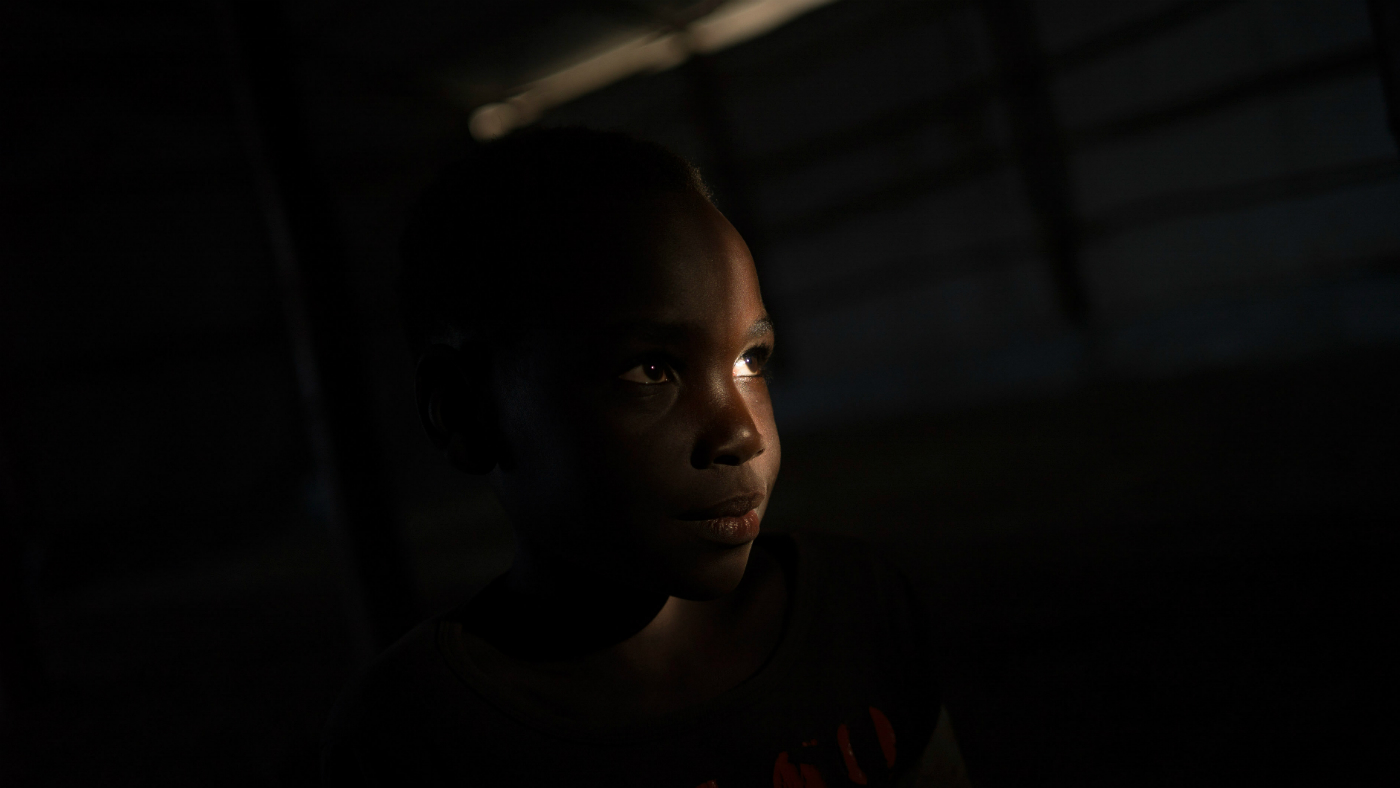Child refugees have right to bring family, EU court rules
Eritrean teenager wins legal battle that could affect tens of thousands of refugees in Europe

A free daily email with the biggest news stories of the day – and the best features from TheWeek.com
You are now subscribed
Your newsletter sign-up was successful
Child refugees who arrive in Europe alone must be allowed to apply for family members to join them, the EU’s top court has ruled.
The decision, handed down by the European Court of Justice on Thursday, also applies to young refugees who reach adulthood before the end of the asylum process.
The right for young refugees to be reunified with their families "is not at the discretion of the member states,” the court said.
The Week
Escape your echo chamber. Get the facts behind the news, plus analysis from multiple perspectives.

Sign up for The Week's Free Newsletters
From our morning news briefing to a weekly Good News Newsletter, get the best of The Week delivered directly to your inbox.
From our morning news briefing to a weekly Good News Newsletter, get the best of The Week delivered directly to your inbox.
The case centred on a teenage girl from Eritrea who applied for asylum in the Netherlands and turned 18 during the process, according to Deutsche Welle.
After it was granted, she sought to bring her family members to the country, but her application was denied by local authorities.
Yesterday’s decision “could impact tens of thousands of unaccompanied minors who applied for asylum within the bloc,” the German broadcaster says.
The situation in the UK
A free daily email with the biggest news stories of the day – and the best features from TheWeek.com
Currently, only adult refugees are allowed to be reunited with their family members. Child refugees who have travelled to the UK alone are not permitted to bring parents or siblings to join them.
“These children are some of the most vulnerable in the country,” Kate Allen, director of Amnesty International UK, wrote for the Huffington Post in January.
“Arriving alone in Britain, facing a multitude of new difficulties and challenges, many now face the heart-breaking prospect that they may never see their parents or siblings again,” she argued.
Last month, MPs backed proposed legislation to enable refugee children to sponsor applications for close relatives to settle with them in the UK.
The government refused to support the bill, but it passed its second reading after Labour, Lib Dem, SNP and some Tory MPs spoke in favour of it, the BBC reported.
The wider problem
The refugee crisis has fallen out of the headlines since it peaked in the summer of 2015, but thousands of people continue to arrive in Europe each month and hundreds more drown at sea.
Since the beginning of the year, more than 16,500 have crossed the Mediterranean, according to the UN Refugee Agency. At least 500 people have been reported dead or missing.
Despite a dramatic drop in the number of refugees and migrants reaching Europe since 2015, “the dangers many face along the way have in some cases increased,” it warns.
In January, EU leaders set a June deadline to reform the so-called Dublin rules and create a permanent system for all members to admit refugees in the event of a fresh emergency.
“Under existing rules, countries where migrants first arrive are required to process asylum requests, putting a heavy burden on Greece and Italy, the current main entry points to Europe,” says AFP.
However, “little, if any progress has been made since talks on asylum reform began in 2016,” it says.
-
 Properties of the week: pretty thatched cottages
Properties of the week: pretty thatched cottagesThe Week Recommends Featuring homes in West Sussex, Dorset and Suffolk
-
 The week’s best photos
The week’s best photosIn Pictures An explosive meal, a carnival of joy, and more
-
 The ‘ravenous’ demand for Cornish minerals
The ‘ravenous’ demand for Cornish mineralsUnder the Radar Growing need for critical minerals to power tech has intensified ‘appetite’ for lithium, which could be a ‘huge boon’ for local economy
-
 Epstein files topple law CEO, roil UK government
Epstein files topple law CEO, roil UK governmentSpeed Read Peter Mandelson, Britain’s former ambassador to the US, is caught up in the scandal
-
 Iran and US prepare to meet after skirmishes
Iran and US prepare to meet after skirmishesSpeed Read The incident comes amid heightened tensions in the Middle East
-
 Israel retrieves final hostage’s body from Gaza
Israel retrieves final hostage’s body from GazaSpeed Read The 24-year-old police officer was killed during the initial Hamas attack
-
 China’s Xi targets top general in growing purge
China’s Xi targets top general in growing purgeSpeed Read Zhang Youxia is being investigated over ‘grave violations’ of the law
-
 Panama and Canada are negotiating over a crucial copper mine
Panama and Canada are negotiating over a crucial copper mineIn the Spotlight Panama is set to make a final decision on the mine this summer
-
 Why Greenland’s natural resources are nearly impossible to mine
Why Greenland’s natural resources are nearly impossible to mineThe Explainer The country’s natural landscape makes the task extremely difficult
-
 Iran cuts internet as protests escalate
Iran cuts internet as protests escalateSpeed Reada Government buildings across the country have been set on fire
-
 US nabs ‘shadow’ tanker claimed by Russia
US nabs ‘shadow’ tanker claimed by RussiaSpeed Read The ship was one of two vessels seized by the US military